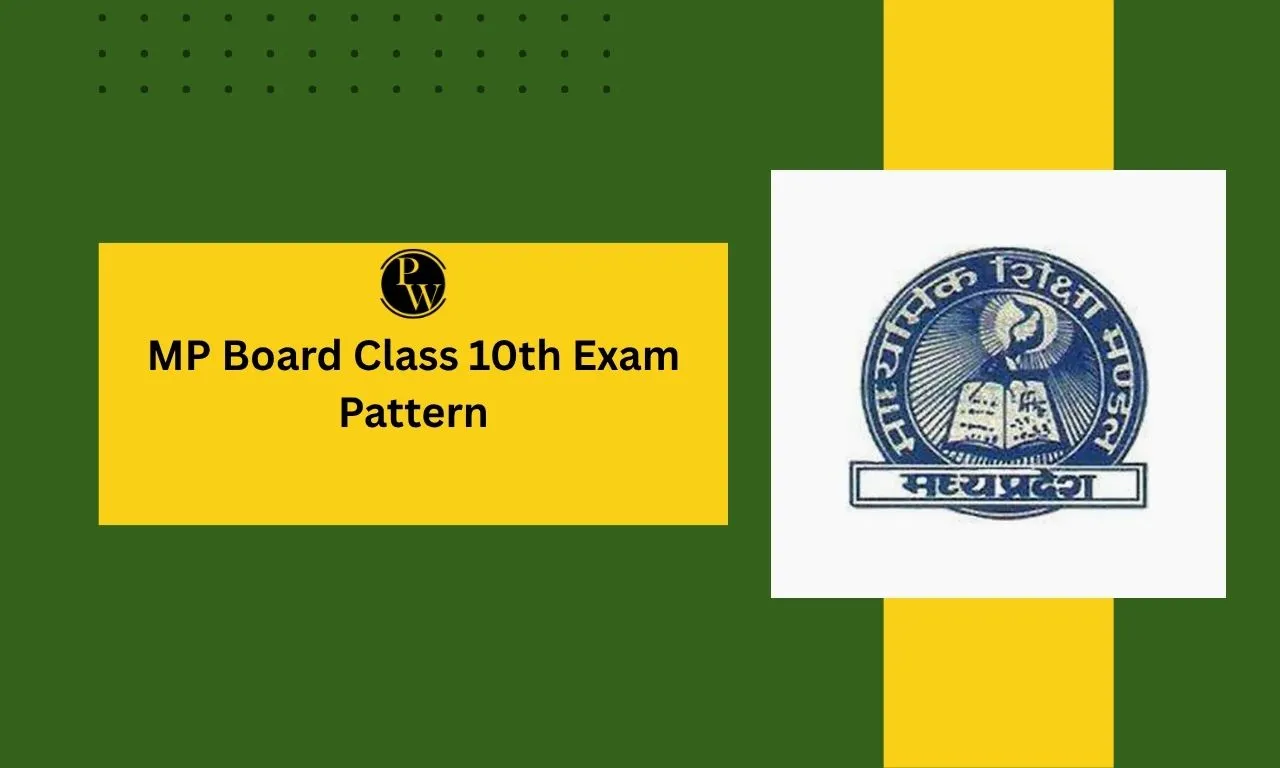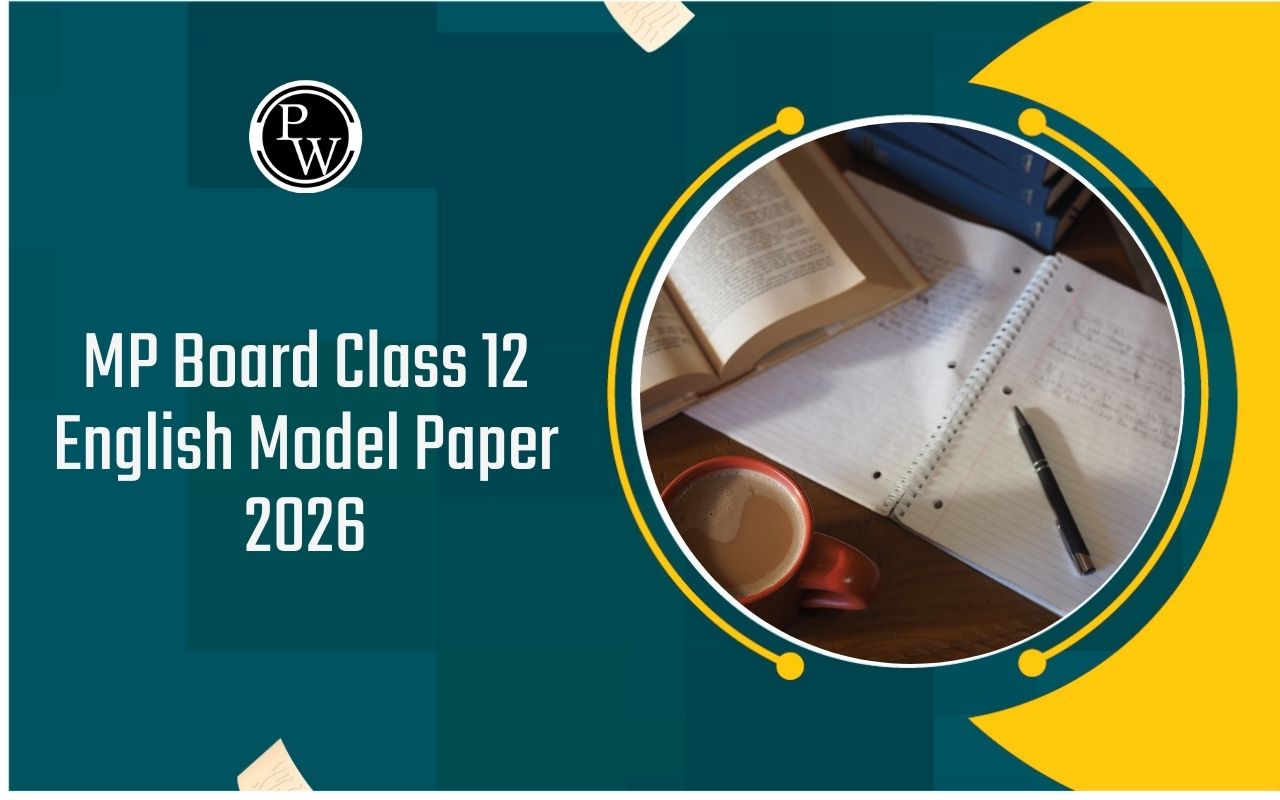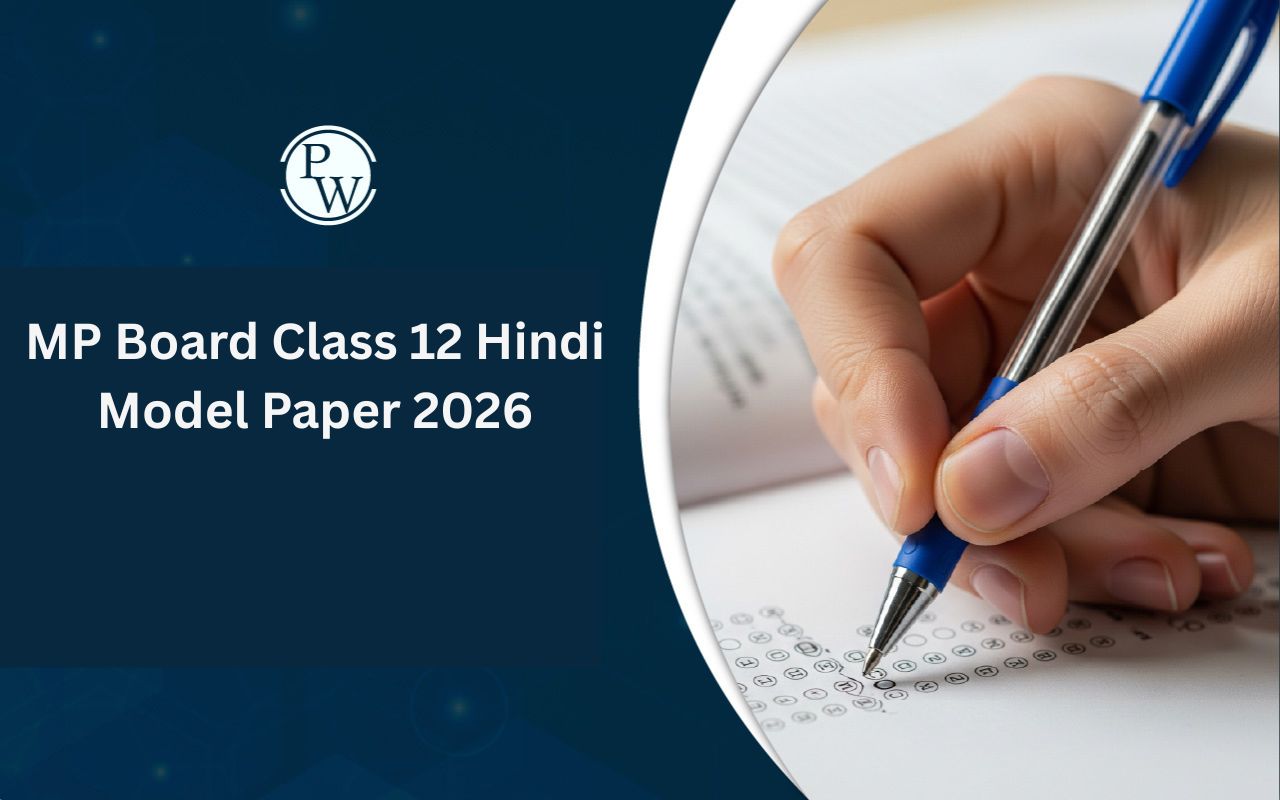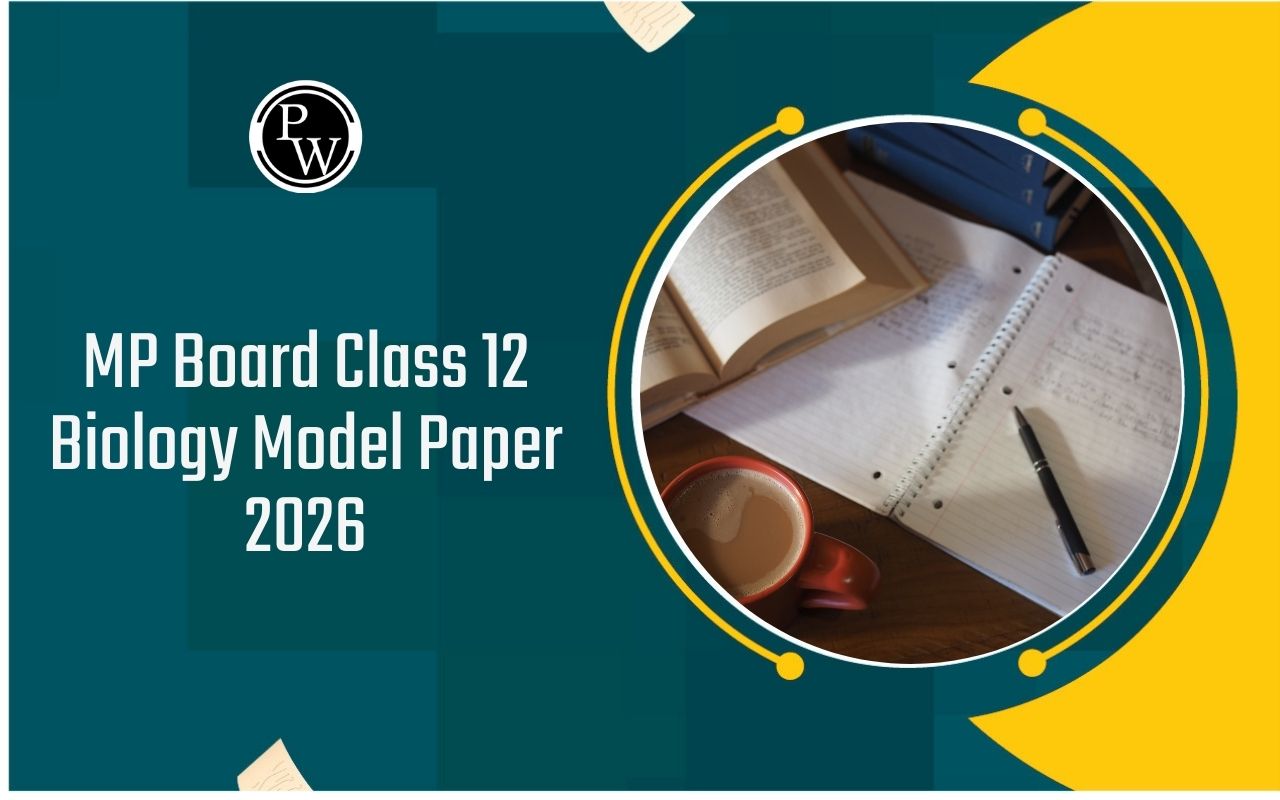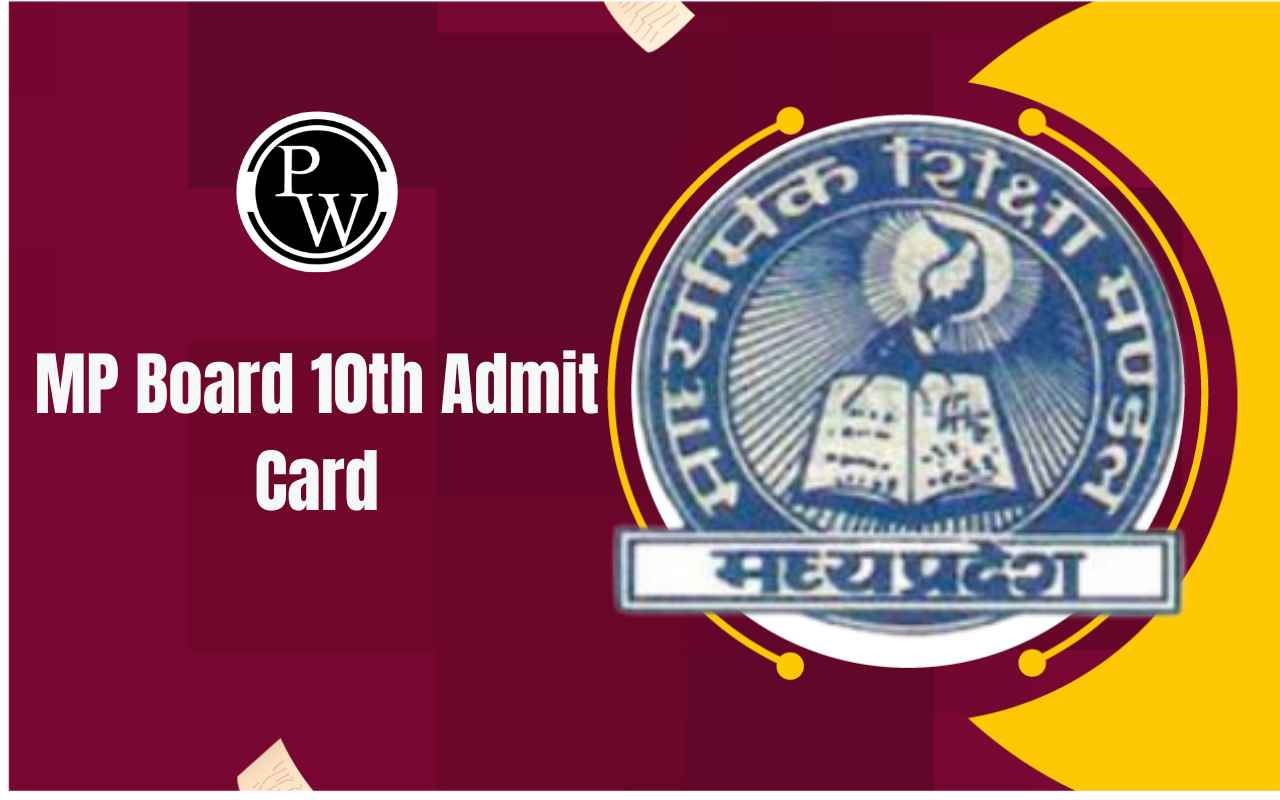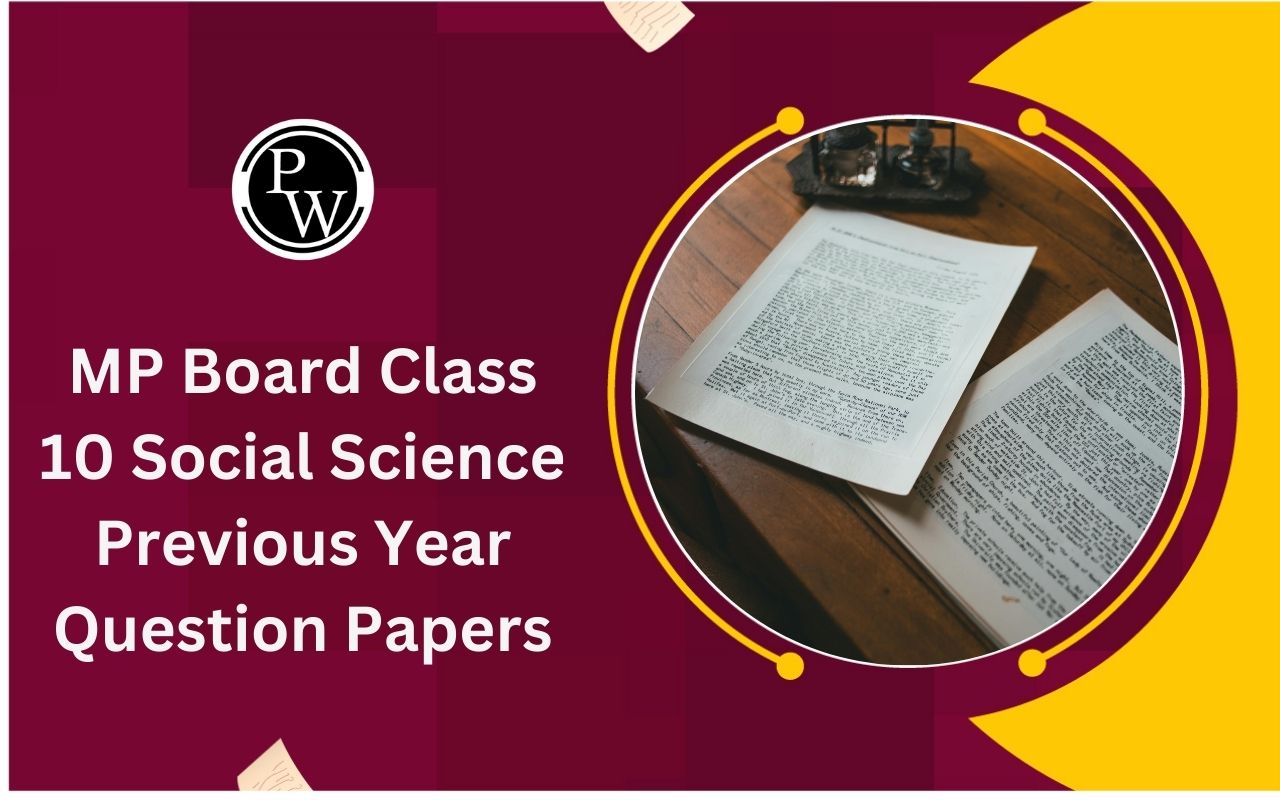
MP Board 11th Class History Syllabus 2025: The Madhya Pradesh Board of Secondary Education (MPBSE) releases the syllabus every year in a combined PDF for classes IX to XII. The syllabus includes subjects of all the three streams introduced in Class 11th – Science, Commerce, and Arts.
Students must choose their stream carefully as it lays the foundation for their future academic choices. History is an important subject for students belonging to the Arts stream. The subject carries 80 marks and students need to write the exam in 3 hours. For more details, read further:
MP Board 11th Class History Syllabus 2025
The MP Board 11th Class History Syllabus 2025 gives importance to understanding of historical concepts, events, and interpretations. The syllabus is divided into themes and units that help students explore medieval, ancient, and modern history.
Topics often include early societies, empires, religious developments, and political changes. The syllabus aims to give students a broad perspective on Indian and world history. Below here is the list of topics included in the syllabus:
|
MP Board 11th Class History Syllabus 2025 |
|
|
Unit |
Chapter |
|
Unit-1 |
Early Societies – Introduction, Timeline One – (6 lakh years ago to 1 BCE), Art of Writing and Urban Life |
|
Unit-2 |
Empire – Introduction, Timeline Two – (around 100 BCE to 1300 CE), Empire Spread Across Three Continents, Trading Empire |
|
Unit-3 |
Changing Traditions – Introduction, Timeline Three – (around 1300–1700), Three Classes, Changing Cultural Traditions |
|
Unit-4 |
Towards Modernization – Introduction, Timeline Four – (around 1700–2000), Displacement of Indigenous People, Paths to Modernization |
|
-- |
Map – From the Entire Syllabus |
MP Board 11th Class History Syllabus 2025 Download PDF
Students must download the official syllabus for keeping a track of their preparation level as the syllabus gives a brief about the topics every student must study in order to score well. Students can recheck the syllabus each week to check how much of the syllabus they have completed, identify pending topics, and plan their study schedule accordingly. A separate PDF of the syllabus is attached here:
Download MP Board 11th Class History Syllabus
Study without using the internet
MP Board 11th Class History Syllabus 2025 Marking Scheme
The MP Board 11th Class Marking Scheme is released in which a detailed exam pattern analysis is given. Both the sections– written exam and practical assessment must be prioritized. It includes the marking scheme for every unit and also the type of questions included in the exam.
Students must follow the marking scheme and prepare questions like fill ups, short answer type-questions, long answer type questions, MCQs, tick the correct option, and more.
The below mentioned is the official marking scheme you must follow:
The MP Board promotes conceptual learning rather than rote memorization. Students must study the type of questions mentioned in the marking scheme PDF released by the board. Here’s a screenshot of the type of questions:
And as far as the Practical assessment is concerned, the MP Board releases a separate PDF of the practical assessment. A detailed guideline is also given for the practical assessment. Students are encouraged to choose one topic from a list of historically significant events and societies for their creative expression or project work.
The project should be prepared in written format and may include supporting materials like charts, drawings, and photographs. Evaluation will be based on content accuracy, creativity, use of resources, and neat presentation.
|
Component |
Marks |
|
Map Work |
05 |
|
Creative Expression or Project Work |
05 |
|
Annual Written Test (Internal Exam) |
05 |
|
Notebook Evaluation |
05 |
|
Total |
20 |
How to Score Good Marks in MP Board 11th Class History Exam?
-
The first step towards scoring well in the MP Board 11th Class History exam is to understand the syllabus and the exam pattern thoroughly. As the syllabus is broken down into 4 units, similarly, students must prioritize units based on their marking scheme.
-
Give importance to major civilizations like Roman, Harappan, and Chinese. Prepare well for revolutions like the French Revolution, American Revolution, and Industrial Revolution. Use NCERT books or MP Board-prescribed textbooks as your primary study source.
-
Along with studying new chapters and topics, create notes for quick revision. These notes will help in revising dates and important events without any difficulty. You can use flowcharts and timelines to remember historical events and periods.
-
As the map work carries a good weightage of marks, students should regularly practice map labeling for historical locations to get a good final score.
-
You must also practice answer writing as this will help you score better in the final exams. A good answer must include proper subheadings, introduction, body, and a conclusion. You must also highlight key terms and dates.
MP Board 11th Class History Syllabus 2025 FAQs
What is the MP Board 11th Class History Syllabus for 2025?
Is project work compulsory in MP Board 11th History 2025?
Where can I download the latest MP Board 11th Class History syllabus PDF?
What topics are included in the 11th History project work for MP Board?
Are NCERT books used for MP Board 11th History syllabus?

